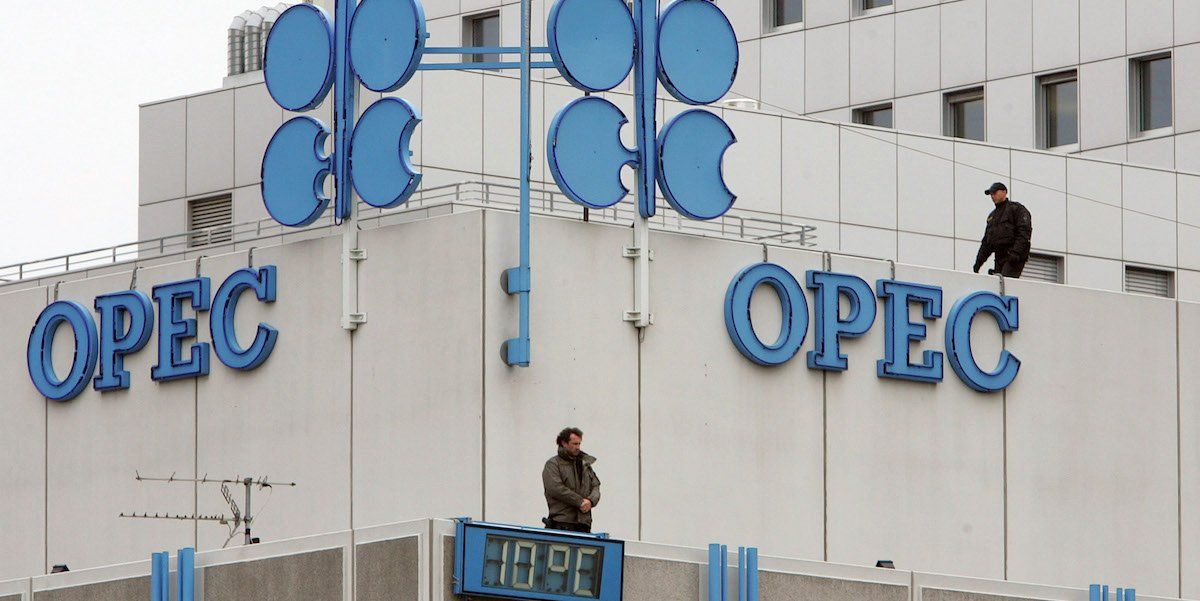3.85 million: The OPEC+ oil cartel on Thursday agreed to
extend production cuts of 3.85 million barrels into 2026 amid soft demand and concerns about what the incoming Trump administration’s tariff policies might mean for future markets. Some of the cuts will begin to expire in April, but the market seems to believe Trump wants low oil prices, and a full unwinding will not begin until the end of 2026, according to the new plan.
1,100: Mexican authorities in the northern state of Sinaloa seized over 1,100 kilograms of fentanyl late on Tuesday in the largest drug bust of its kind in the country’s history. Taking deadly drugs off the street is always a good thing, but critics of the Mexican government say authorities are strategically timing major busts to curry favor with the incoming US administration.
103,000: The price of the cryptocurrency token Bitcoin reached $103,000 on Thursday, breaking its previous record as speculators bet big on a friendly regulatory environment. President-elect Donald Trump appointed Paul Atkins, a crypto promoter, to the Securities and Exchange Commission, prompting the market run.
200,000: Former German Chancellor Angela Merkel’s new book, “Freedom: Memoirs 1954-2021,” is set to become Germany’s bestselling book this year, with 200,000 copies already sold in the week after release. At over 700 pages, you’d expect a juicy nugget or two, but early reviews expressed disappointment that Merkel doesn’t spill much tea on other world leaders and historic events — or reflect on the legacy of some controversial policies, such as welcoming large numbers of refugees and pursuing closer ties with Russia and China.
7.0: A magnitude 7.0 earthquake struck off the coast of Northern California on Thursday morning, triggering evacuation warnings along coastal areas from San Francisco all the way to southern Oregon. Fortunately, a tsunami did not develop, and minimal damage took place from the shaking.
